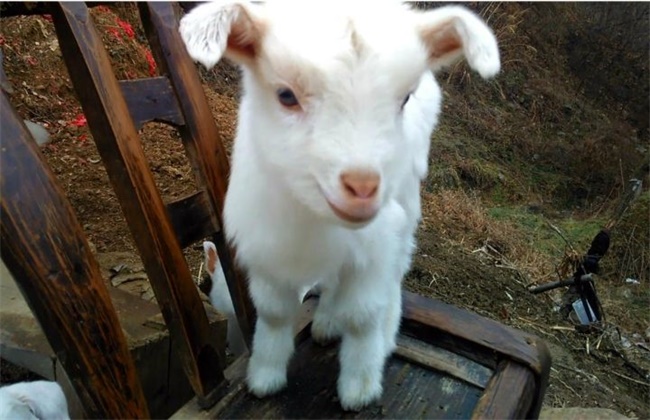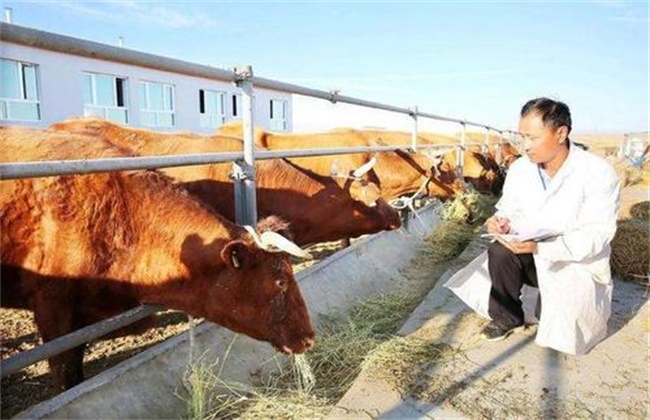Key points of management of newborn calves in winter
The feeding and management of newborn calves is extensive, which can easily lead to illness and death, not to mention the underground temperature in winter, the feeding and management of newborn calves is more important. So how to manage newborn calves in winter? Let's get to know it with the editor.

1. Protect against cold and keep warm
The most suitable growth temperature of calves is between 15-20 degrees, and the humidity is about 60%, while the temperature in winter is generally low, and the temperature in most areas is below 10 degrees, so it is necessary to take measures to prevent wind and cold in advance. Some gaps in the enclosure should be sealed and illuminated so as not to invade by thieves. At the same time, the corresponding heating equipment can be placed, and the cushion should be thick and dry. Once the cushion is wet, it needs to be replaced in time. In addition, heating is important, but ventilation can not be ignored. It can be ventilated properly when the weather is clear.
2. Severing the umbilical cord
After the calf is born, the midwife should deal with the umbilical cord in time. Under normal circumstances, the umbilical cord of the calf will be torn off naturally. When it is not broken, the umbilical cord will be cut 6-8 cm away from the abdomen with sterilized scissors and disinfected with iodine. The broken umbilical cord does not need to be bandaged. It is better to tie a small buckle and let it fall off naturally. It is best for the calf to lick off the mucus, which can increase the relationship between mother and son, but the mucus in the mouth and nose should be removed with a towel and peeled off the calf's soft hooves to help it stand.
3. Eat milk as soon as possible
After the calf is born, try to let it eat colostrum within half an hour, this is because colostrum contains more maternal antibodies, which can enhance the calf's resistance to disease. On the other hand, calves with weaker physique need to be artificially breast-fed until they are able to feed themselves.
4. Strengthen the management
The barn should be kept clean after the calf is born, and the barn should be cleaned regularly, disinfected regularly, cleaned, observed and changed frequently, so that the barn is dry and clean. when washing, cold water is strictly prohibited and warm water is used.
The above is an introduction to the management of newborn calves in winter. I hope it can help you. If you want to know more about it, please follow us.
Related
- On the eggshell is a badge full of pride. British Poultry Egg Market and Consumer observation
- British study: 72% of Britons are willing to buy native eggs raised by insects
- Guidelines for friendly egg production revised the increase of space in chicken sheds can not be forced to change feathers and lay eggs.
- Risk of delay in customs clearance Australia suspends lobster exports to China
- Pig semen-the Vector of virus Transmission (4)
- Pig semen-the Vector of virus Transmission (3)
- Five common causes of difficult control of classical swine fever in clinic and their countermeasures
- Foot-and-mouth disease is the most effective way to prevent it!
- PED is the number one killer of piglets and has to be guarded against in autumn and winter.
- What is "yellow fat pig"? Have you ever heard the pig collector talk about "yellow fat pig"?



